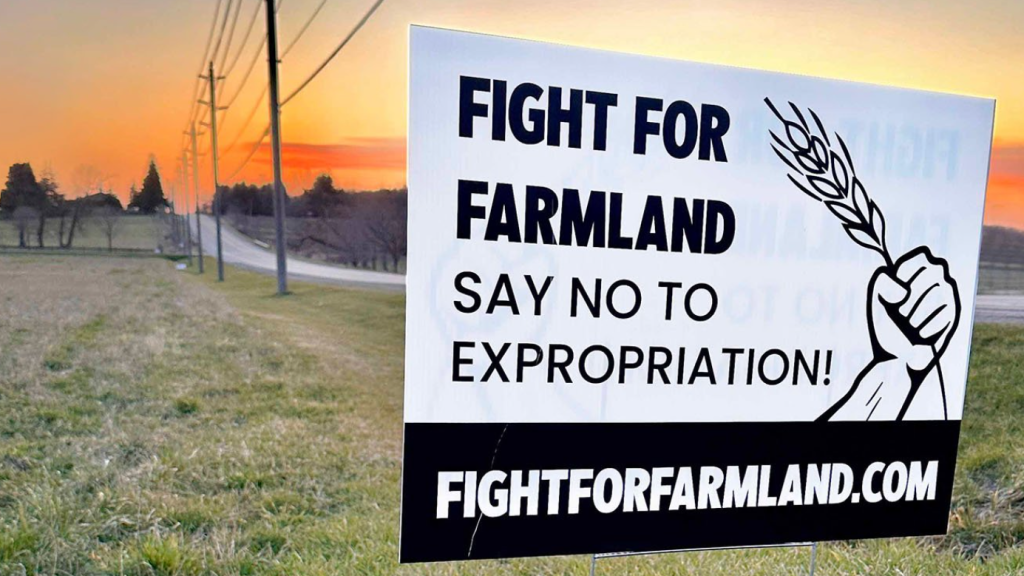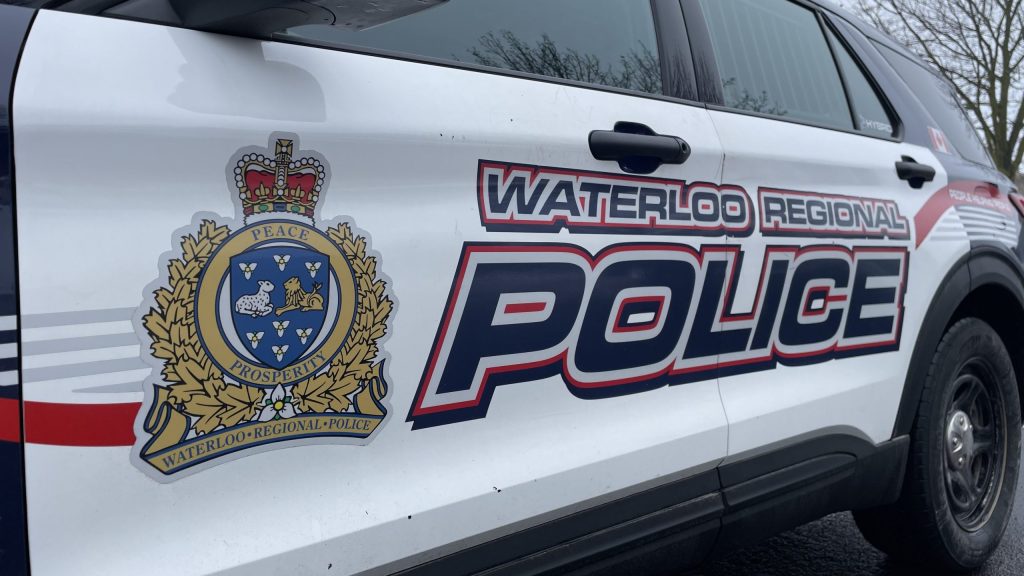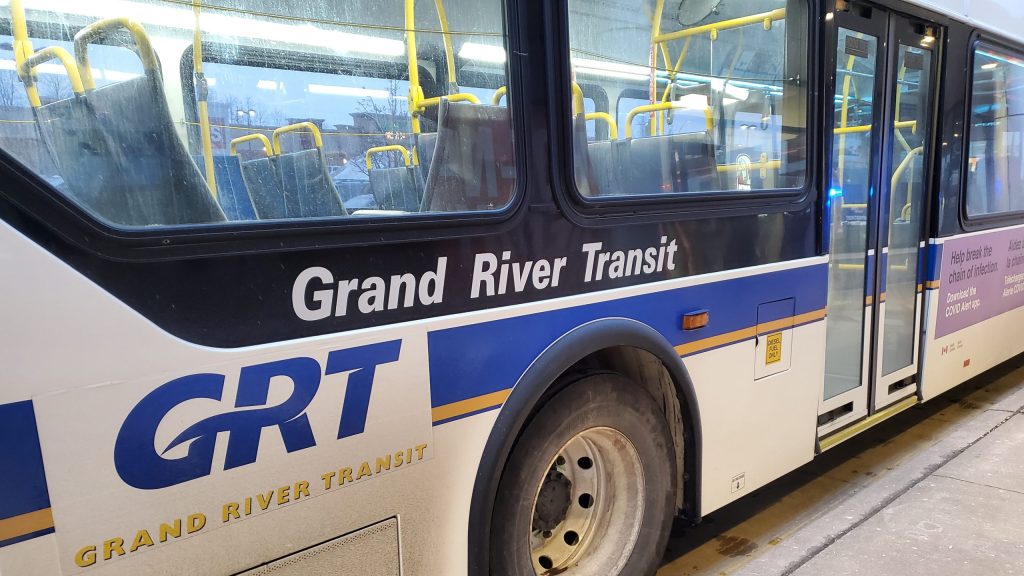‘You ain’t seen nothing yet’: Anishnabeg Outreach wins K-W Chamber non-profit award
Posted May 6, 2022 05:34:09 PM.
When Stephen Jackson joined the Anishnabeg Outreach as CEO four years ago, they had just lost all their funding.
“We only supported eight people the year before,” Jackson said. “We didn’t deserve the funding, we didn’t help enough Indigenous people.”
But things have turned around since then. Last year, they delivered programs to 14,000 Indigenous people — though he says that number could be higher, given that many of their programs are online now.
This year, he expects that number to hit closer to 140,000 as they roll out their virtual learning management system to other communities.
“And I think in a couple of years, it'll be even higher because we're also building a mental health management system that's going to help people heal. It's going to basically be a system for self-directed healing that will enable people to heal themselves from a variety of traumas,” he said.
AO is a local non-profit that provides Indigenous community members with access to culturally appropriate services, as well as direction and assistance to overcome barriers.
When we spoke on the phone, Jackson was sitting in the Costco parking lot, about to buy shelving for one of their recent projects.
“We just got a shipping container not too long ago, and it’s going to become a bicycle lending library for Indigenous people. The idea is that people donate bikes to us and we repair them, then lend them out to Indigenous people in need,” he said.
That’s just one of the many things AO does to “bring goodness” to Indigenous community members.
According to health care data, there are 50,000 Indigenous people living in Waterloo Region.
“Stats Canada says 20 thousand. So 30 thousand are not willing to admit they’re Indigenous … because of the consequences of other systems that come into play,” Jackson said.
For instance, he says between 50 to 75 per cent of Indigenous children are in foster care, and 50 per cent of the local homeless population is Indigenous. Indigenous men and woman are also overrepresented in prisons across the country, and there is a 500 per cent dropout rate in education for Indigenous people compared to non-Indigenous.
“That 500 per cent higher dropout rate creates a barrier for university education,” he said. “So while you [might] have the advantage of having a degree, which enables you to get a job and a career, it’s not necessarily the same for Indigenous people.”
That means barriers include “even getting the interview, getting the job, getting promoted, getting trained, and being retained,” he said, adding that a lot of those barriers are based on policy.
AO works to address these barriers, from hosting vaccination clinics for First Nation, Indigenous and Metis community members, to tackling mental health and employment through various channels.
They were recognized for their efforts this year, being named the Top Innovator in the region, and winning the non-profit award at the Greater K-W Chamber of Commerce Business Excellence Awards.
Jackson believes they’ve seen such a remarkable turnaround in just a few years because of the time spent partnering with other organizations, ranging from the Blue Jays, the Raptors and Toronto Maple Leafs to Communitech and restaurants like Borealis Grill & Bar.
Their broad range of partnerships have allowed them to do things like creating coaching videos to teach people how to play a sport, for instance.
“If you can practice it in your backyard or field or whatever, you can practice the fundamentals and make the team. And if you can make the team, now you're more likely to stay in school, because you have the advantage of having the support you need for academic success. And you have social success by being part of a team,” he said.
But he says they’ve also prioritized building a team determined to deliver “outstanding incomes in relation to reconciliation.”
They’ve built a centre of healing in Kitchener that hosts a myriad of programs, from healing and cultural workshops to counselling and donation centres that serves 400 Indigenous families in need each week, providing them with food, clothing, sports equipment, sanitary products, etc.
This year alone, they donated more than one million dollars worth of items. Two more healing centres are scheduled to open in Guelph and North York.
They are also looking at adding on a tutoring program, “because everything we do needs to ameliorate one of those stats.”
In terms of reconciliation, the government defines it as justice and healing, but Jackson says they don’t think of it as justice.
“From a biblical perspective, it’s like an eye for an eye, [which] only leads to two blind people, which isn’t really getting into the future,” he said. “For us, what we care about is healing and economic independence.
“From our thinking, reconciliation is healing, it's giving back culture, giving back language, or making it available. It's helping rebuild families, rebuild communities, and providing opportunities for training, for employment or helping people start Indigenous businesses.”
But he says you can only really move the needle if employment barriers are addressed at a company-level.
That’s why they also offer reconciliation training for workplaces, to help companies remove the barriers to employment and promotion.
Part of the effort to remove barriers is building awareness, which is why they activate public spaces to ensure reconciliation remains at the forefront.
For instance, they’ve partnered with the Centre in the Square and the Neighbourhood Group of Companies. Patrons can scan a QR code to learn about the reconciliation journey of that company or space, and learn what they are actively doing to promote reconciliation.
Their current project is their Mental Health Management System, which is a “self-directed virtual healing system that will help millions of Indigenous peoples internationally heal from the effects of intergenerational trauma.”
So far, they’ve built about a third of it content-wise, and are in the process of fundraising $3M to build a system for it. They want to get started on it this year, and it will take about a year to build.
You can learn more about Anishnabeg Outreach here, and donate to help them grow their mental health management system here.










